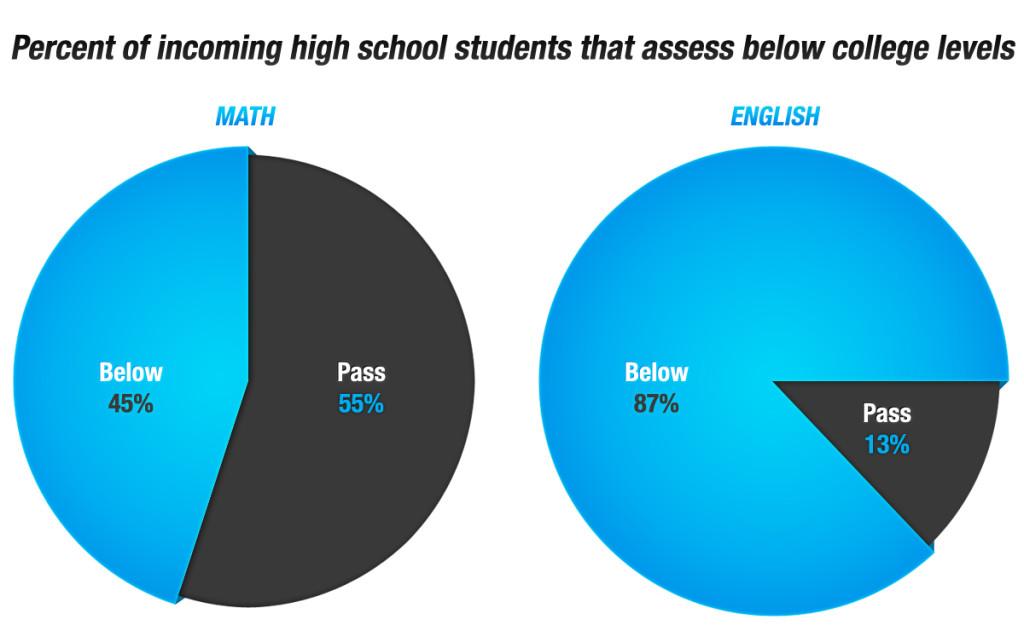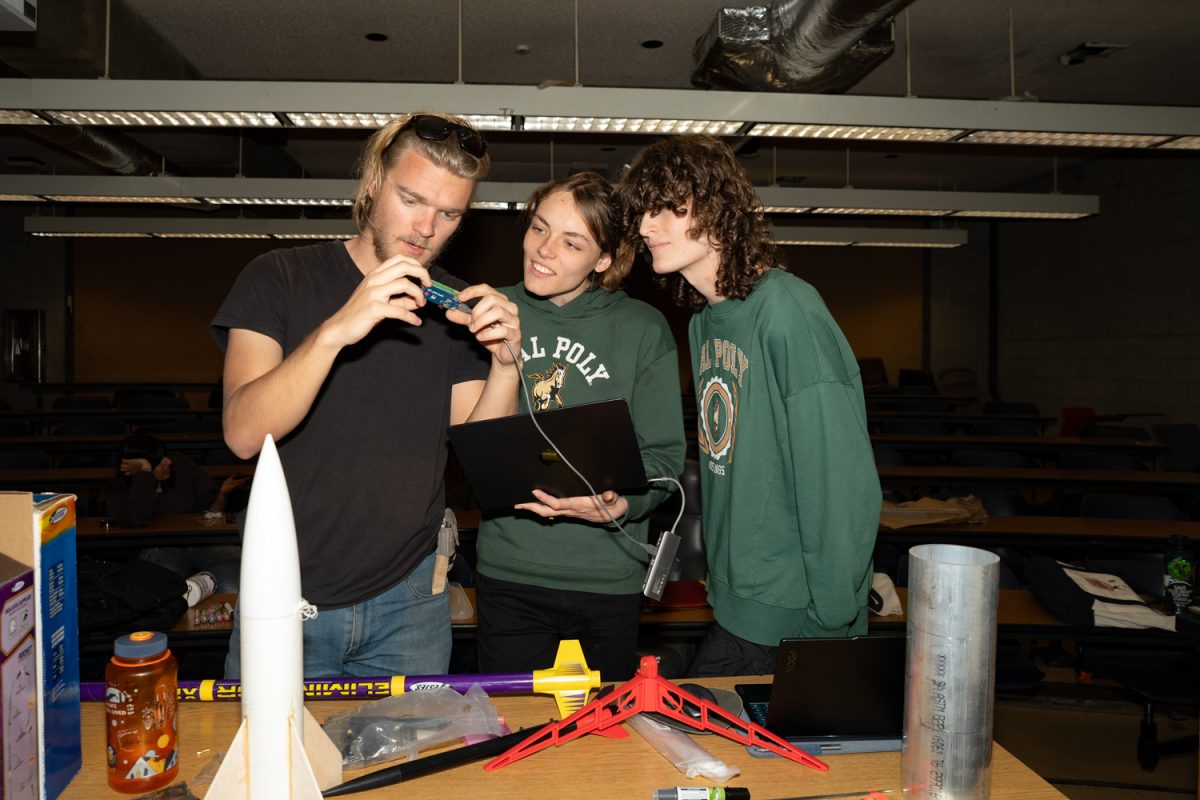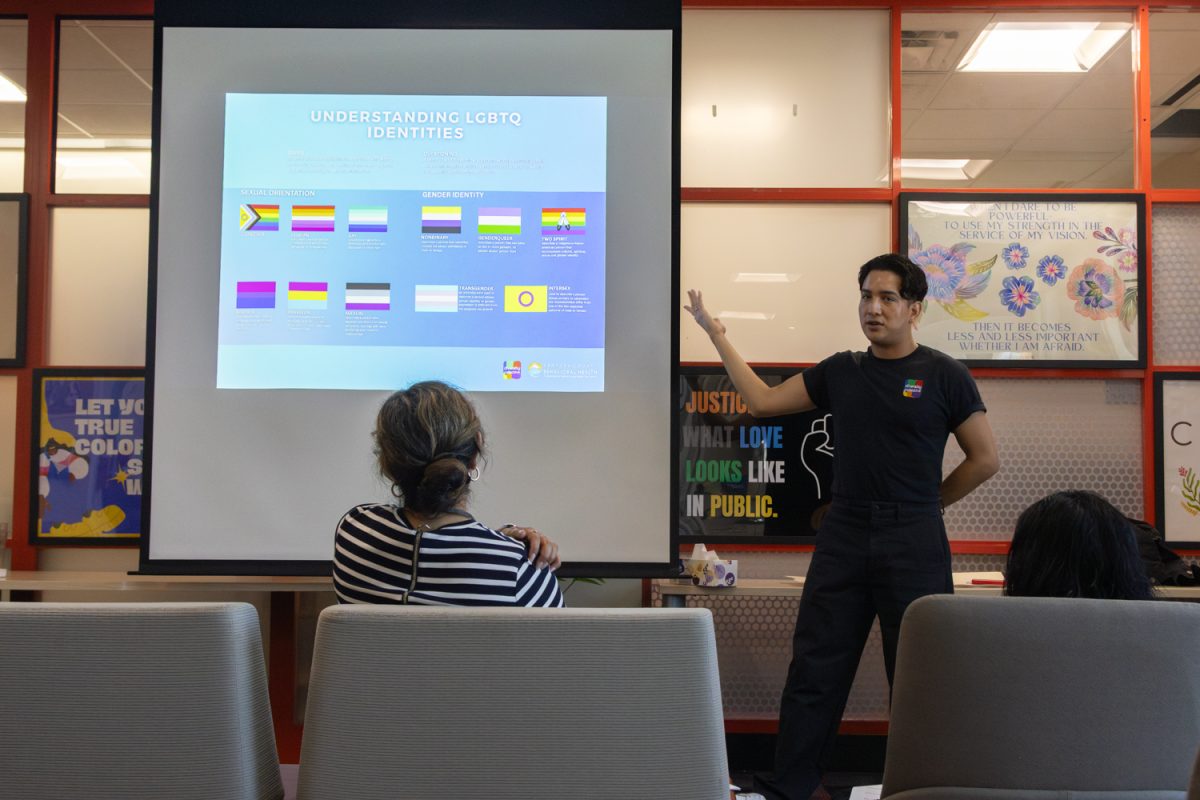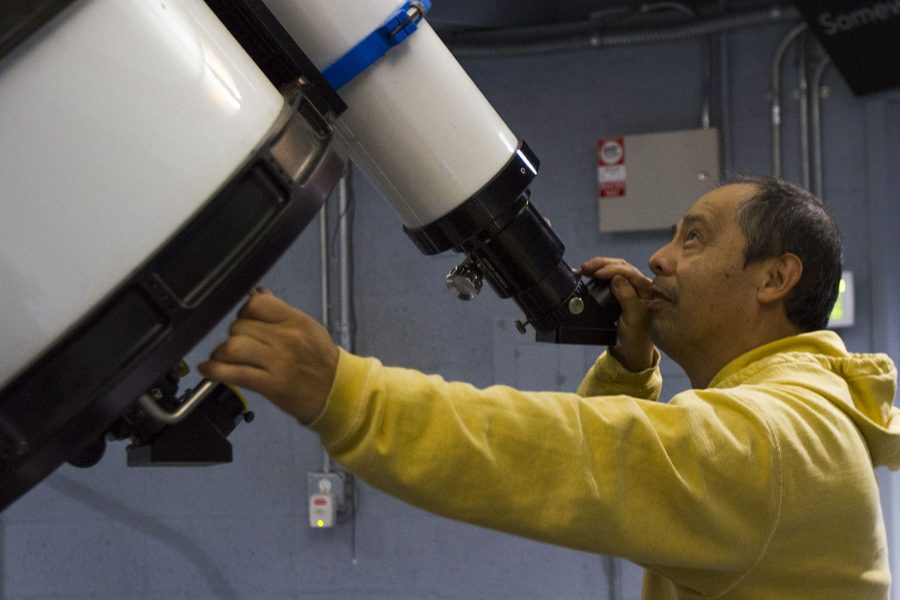A growing trend statewide has made itself known at City College as the under preparedness of students affects the standardized assessment test scores.
The 2014 President’s Message showed that, based on a small sample of incoming high school students, 87 percent assess below college level English and 45 percent assess below college level math.
“There has been a trend statewide that we’re focused on responding to,” said Dr. Lori Gaskin, City College superintendent president.
Lauren Wintermeyer, director of dual enrollment, runs a program called “Get Focused, Stay Focused” for Santa Barbara area high school students.
The program starts in ninth grade and makes students aware of college expectations. They learn about career and education planning and what the measures are for college readiness. The assessment test scores are much less dramatic for Dual Enrolled students than for part-time and full-time college students. Sixty-five percent of DE students assess below college level English and 37 percent below college level math.
“Somewhere in the system we’re either not correctly aligning the course or not correctly assessing the student,” Wintermeyer said.
A report by WestEd, an educational research organization, found that “the state [CA] has been less successful in preparing high school students to succeed in college-level courses and ensuring that those in college complete their postsecondary educational programs.”
According to the report, students felt they were not challenged enough or taught the right material in high school. Some said that teachers were only concerned with “getting them through high school” and “they didn’t expect them to go to college.”
Gaskin calls the “Get Focused, Stay Focused” program the “most innovative thing we’ve done” to help high school students prepare for the assessment tests in hopes of improving the scores.
In most cases, English and math assessment tests are required for degree-seeking students. With 73 percent of students at City College under 25 years old, basic high school courses are still somewhat fresh in their minds. However, some students have as much as a six-year break from those courses, making it difficult to place into the classes they need.
“It’s the whole thing around high stakes testing,” Wintermeyer said. “Does it really assess what they know and their ability to learn?”
With support for high school students taken care of, the next step is to help those who have had a hiatus from school.
Some California Colleges, like Grossmont College in El Cajon, offer practice tests and refresher courses before the students take the assessment test.
“When you’ve gone through a dry spell of not thinking math, all it takes typically is a refresher,” Gaskin said.
City College also offers sample tests as well as a summer “boot camp,” but little else to help students prepare for testing. If a student feels like they might have a learning disability, making them unable to do well on the assessment tests, they can go to the Disabled Student Programs and Services Department (DSPS) to determine limitations and accommodations.
DSPS students are offered enrollment in the Express to Success (ESP) Program. ESP allows any student that places below college level math or English to take more than one of the required classes in one semester at an accelerated pace with help in a Learning Community.
“I’m not suggesting that we’re out of the norm,” Gaskin said. “I’m suggesting that it validates our efforts that we’re making to really look at innovative and strategic ways to address that under preparedness and to create a culture of college readiness.”
Editors Note:
A version of this story published Monday, Feb. 10, erroneously reported that assessment scores were based on the college’s estimated 20,000 students. In fact, the assessment scores were based only on students coming to the college from local and statewide high schools. It is a much smaller number than 20,000. Santa Barbara City College is working to finalize the statistics, which will be published in a follow-up story.















